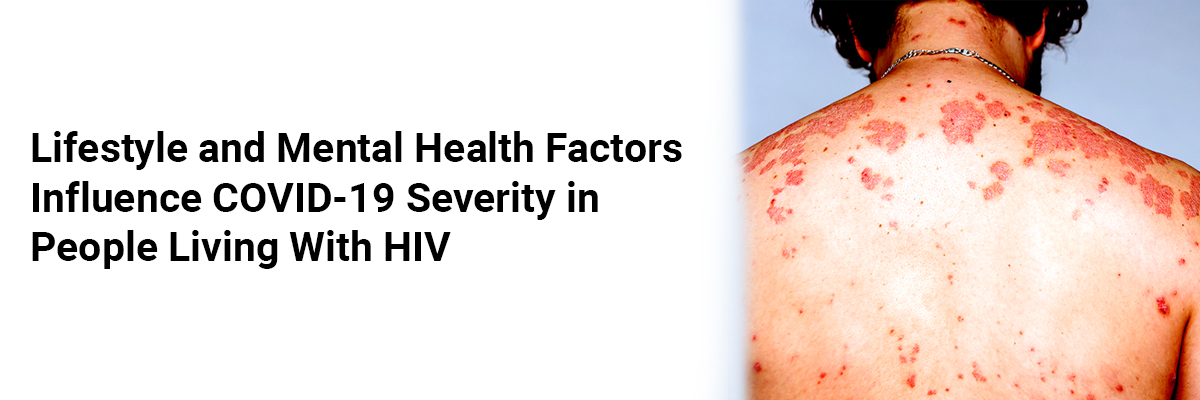
Lifestyle and Mental Health Factors Influence COVID-19 Severity in People Living with HIV
A new cross-sectional study conducted in China and published in Scientific Reports has identified key lifestyle and psychological factors that may affect the severity of COVID-19 symptoms and hospitalization rates among people living with HIV (PLWH).1 The study, which surveyed 984 HIV-positive individuals undergoing antiretroviral therapy, sought to understand how behaviors, comorbidities, and mental health correlate with COVID-19 outcomes in this vulnerable population.
Among the notable findings, passive smoking, rural residence, and the presence of comorbidities were independently associated with increased risk of severe COVID-19 symptoms. Individuals exposed to passive smoking had 1.66 times the odds of developing severe symptoms compared to non-smokers. Additionally, rural dwellers were nearly twice as likely to experience severe illness. The most significant predictor, however, was anxiety: individuals with moderate to severe anxiety had over five times the odds of reporting severe symptoms.
Dietary habits also emerged as important determinants. Those who consumed whole grains more than three times per week had a 39% lower risk of hospitalization. Conversely, irregular breakfast habits and reliance on self-medication were associated with worse outcomes. Interestingly, the severity of COVID-19 did not correlate with CD4 counts, HIV viral load, or a history of tuberculosis, suggesting that behavioral and psychological factors may play a larger role in short-term outcomes than traditional immunological markers.
Hospitalization risk was also elevated in participants over 65, with rural residency and anxiety again proving significant. Whole-grain intake showed a protective effect, reducing hospital admission rates, while a CD4 count above 500 cells/mm³ had a modest association with a lower hospitalization risk in adjusted models.
This study highlights the need to integrate mental health screening and lifestyle counseling into HIV care, especially in the context of ongoing viral epidemics like COVID-19.
Source: Xia W, Zheng D, Wu L, Tang Z, Ye Q, Zhang Y, et al. A cross-section study of the relationship between lifestyles and severity of COVID-19 symptoms in people living with HIV. Sci Rep. 2025;15:17464.













Please login to comment on this article